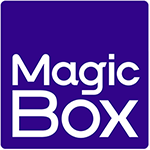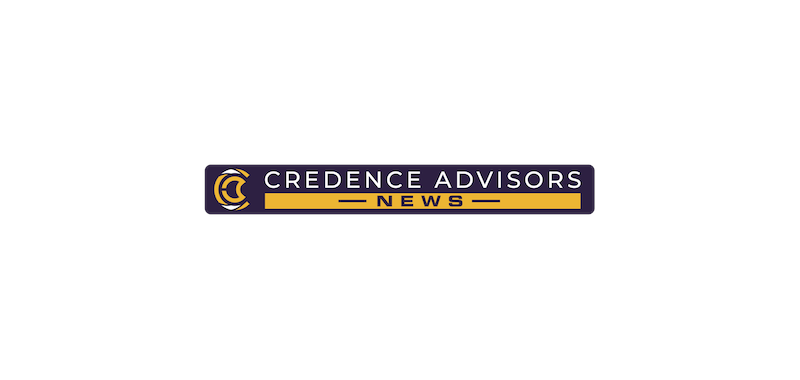Essential Role Of Compliance In Digital Learning
Digital learning platforms are powering participants in the education sector to transcend the boundaries of time and space and meet new challenges. Compliance in digital learning is possibly the biggest challenge, given how regulations vary widely across states and countries. The differing priorities of regional authorities make compliance a complex process with every aspect of K-12 education technology under constant scrutiny. This includes device management in the classroom, data storage and use, content design, and applications of Artificial Intelligence (AI). Prioritizing regulatory compliance is crucial for educational institutions in the digital space, since this not only helps avoid penalties but also increases the chances of adoption.
Risks Of Noncompliance
Regulatory bodies worldwide value data privacy, especially for the young. Therefore, the education sector, which largely caters to the young and impressionable, is under great scrutiny. Parents and teachers are also increasingly becoming conscious of the importance of student data security, while other stakeholders deeply understand the possibility of the misuse of EdTech systems by cybercriminals. The potential harm to student data privacy, undermining of cultural preferences in education, and ineffective course design pose a risk of the digital educational publishing platform provider being penalized, or even barred from serving in certain jurisdictions.
Such consequences directly affect revenues. Did you know that the Federal Trade Commission (FTC) levied a penalty of $6 million due to Edmodo’s noncompliance with COPPA? The penalty was suspended due to the company’s inability to pay the fine. However, this may not be the case for future defaulters. As the use of technology in education proliferates, the compliance requirements are bound to grow more stringent and complex. Additionally, the indirect effects, such as reputational damage, operational disruption, loss of contracts and adoptions, and legal issues, can cause irreparable damage.
Understanding The Regulatory Landscape
The key to navigating the compliance landscape is understanding its applicability to your operations. Digital learning platforms are subject to regulations across diverse aspects:
Privacy And Data Sharing
The penalties for noncompliance with GDPR, one of the first privacy guidelines for online businesses, can go up to 4% of the company’s revenues. Privacy guidelines that EdTech providers must comply with in the EU include GDPR and the AI Act. For K-12 educational technology providers in the US, FERPA and COPPA are the most important regulations, while PIPEDA is the most relevant personal information protection act in Canada.
Educational Standards
Digital education publishers must ensure that all their content meets accessibility and equity requirements. The foremost standard in this regard is the WCAG. However, there are more specific requirements to ensure that the UN’s targets of sustainable development and education for all are met. For example, ensuring the availability of text-to-audio assistance for the visually impaired and learning materials in a language the students understand is essential to drive the adoption of K-12 education technology. The ADA and ACA Acts must be incorporated within digital learning platforms to offer equitable access to quality education in the US and Canada, respectively.
Interoperability Standards
Aligning the curriculum and learning resources with district, state, and national educational standards is no longer enough. Ensuring that learning products seamlessly integrate with diverse digital educational ecosystems and facilitate smooth user transition is critical. Compliance with LTI and IMS Global Learning Consortium’s Ed-Fi data standards enables the interoperability of information, learning management, assessment, and analysis systems on K-12 digital learning platforms.
Competence Certifications
Certifications are effective proofs of educational technology compliance for educational publishers and EdTech providers. Some critical certifications include SOC 2, Open Badges Standards 2 and 3, ISO/IEC 27001, TRUSTe Enterprise Privacy Certification (for mobile and desktop apps), Caliper Analytics, and OneRoster. The compliance requirements become more specific as EdTech penetrates different regions. These may be refined further as the digital education landscape evolves. While this may seem overwhelming, advanced technologies can be instrumental in safeguarding student data security via powerful compliance management systems.
Navigating The Complex Compliance Landscape In Digital Learning
The first step to ensuring compliance across operations, applications, and processes is building a culture of compliance. This requires a top-down approach to educating teams regarding regulatory compliance requirements across business functions. The next course of action is collaborating with digital learning platform technology providers to create a compliance plan. Ensuring data privacy in education can distinguish your digital educational publishing platform from the rest, providing you with a competitive advantage. The key to gaining customer trust and driving market expansion is to adopt industry best practices for student data privacy and to conduct regular audits. Staying updated on the latest developments and collaborating with regulators can help navigate the compliance landscape in a timely manner. This implicitly eliminates the risks of penalties.
Technology To The Rescue
Leveraging technology for compliance automation, verification, and audits can help educational publishers, EdTech providers, and educational institutions save significantly on resources while ensuring seamless regulatory compliance. Robust compliance management systems, built into K-12 digital learning platforms, can be a game changer.
It is unfortunate that compliance is still an afterthought for many. Regulatory compliance must be embedded in learning material design, delivery, and analytics. The good news is that advanced technologies enable digital education publishing platforms to automate all aspects of compliance assurance, management, and auditing. By prioritizing compliance through technology, we pave the way for a more efficient, effective, and compliant educational environment, ultimately transforming how educational institutions and publishers navigate the complex regulatory landscape.

MagicBox
MagicBox™ is an award-winning, digital learning platform for K-12, higher education and enterprise publishing. Publishers, authors and content creators can use it to create, distribute and manage rich, interactive content.

